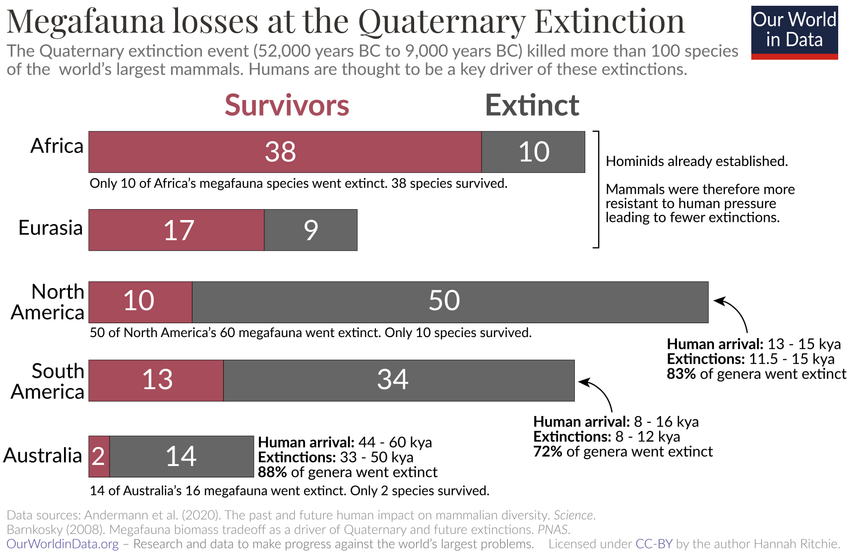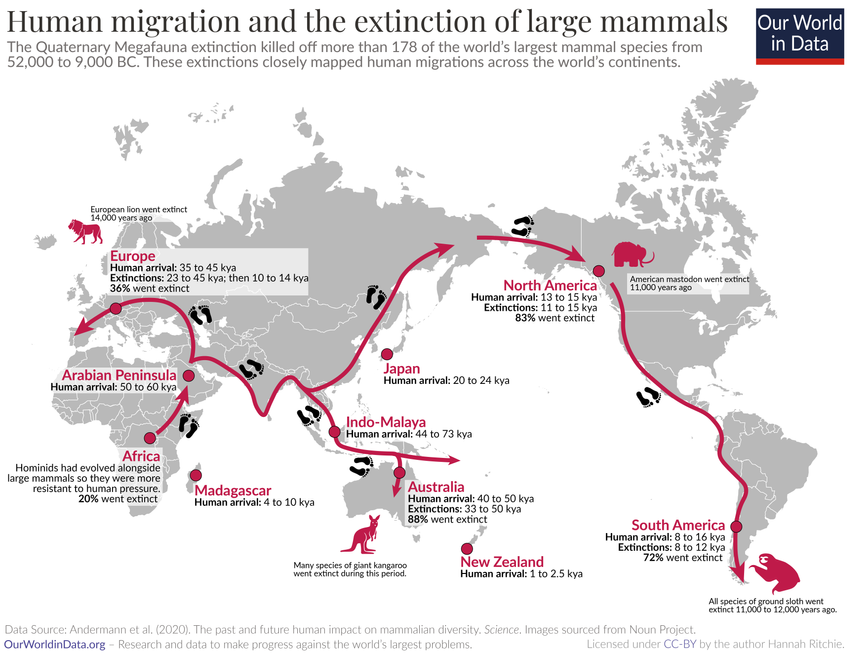But that contradicts "Baha'u'llah and Abdu'l-Baha both agree that "it is in no wise possible for the Holy Spirit to ascend, descend, enter, exit, commingle, or inhere."
Nevertheless, if the Holy Spirit cannot 'ascend, descend, enter, exit, commingle, or inhere' then we can have no direct knowledge of the Holy Spirit, can we?
Not disputed, the Holy Scriptures say that.
(But the Holy Scriptures also say the Holy Spirit of God, is Itself unconstrained and there is nothing to prevent it 'descending' or 'entering' or 'meeting' or 'indwelling' – this is a Baha'i dogma that is soundly refuted by the Jewish, Christian and Islamic sacred texts.)
If that were the case, the best a 'messenger' could honestly say, is 'in my opinion' or 'it seems to me that' ...
I personally see there is no conflict and my current understanding is that we can not know the Essence of the Holy Spirit, we can only know it by the Names and Attributes, let alone the Essence of God, which Baha'u'llah offers even the Messengers do not know.
This is a snippet of the explanation given by Abdul'baha
"... The descent of the Holy Spirit upon the Apostles means that that glorious and divine grace cast its light and splendour upon their realities. For otherwise ingress and egress, descent and inherence are characteristics of bodies and not of spirits—that is, ingress and inherence pertain only to sensible realities, not to intelligible subtleties; and intelligible realities, such as reason, love, knowledge, imagination, and thought, do not enter, exit, or inhere, but rather denote relationships.
For example, knowledge, which is a form acquired by the mind, is an intelligible thing, and to speak of entering into the mind or exiting from it is absurd. Rather, it is a relationship of acquisition, even as images are reflected in a mirror.
Thus, as it is evident and established that intelligible realities do not enter or inhere, it follows that it is in no wise possible for the Holy Spirit to ascend, descend, enter, exit, commingle, or inhere. At most it appears as the sun appears in a mirror.
I was also contemplating Thomas, that we really do not even fully understand the essence of our own selves, which is Human Spirit, but we can comprehend levels below us, such as the Animal and Vegitable spirit.
Regards Tony


